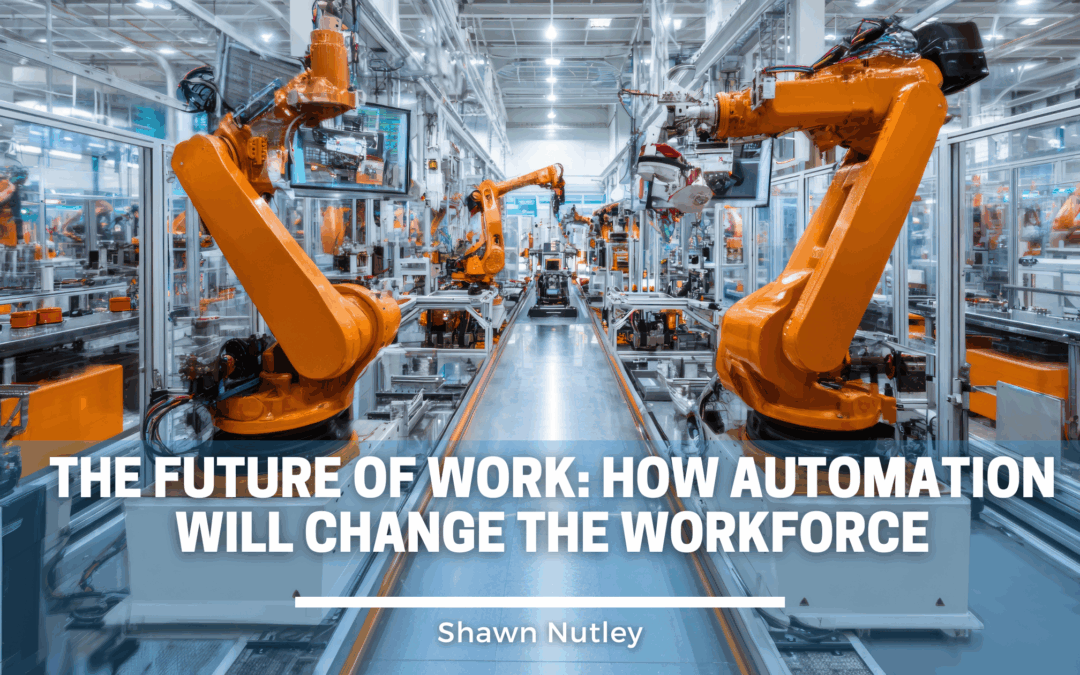Automation is transforming the workforce, and its effects will profoundly shape the future of work. As businesses increasingly adopt artificial intelligence (AI), robotics, and other automation tools, the nature of jobs and the skills required will evolve dramatically.
1. Job Displacement and Transformation
Certain tasks, particularly repetitive or manual jobs, will be increasingly automated, leading to job displacement in the manufacturing, logistics, and retail industries. However, rather than eliminating jobs entirely, automation is more likely to transform them, shifting employees’ roles toward higher-value tasks that require creativity, problem-solving, and emotional intelligence.
2. Creation of New Jobs
While automation will disrupt many sectors, it will also create new job opportunities. Roles in fields like AI development, data analysis, and machine maintenance will emerge as automation technologies expand. Additionally, industries focused on innovation, such as clean energy or biotechnology, will likely see an uptick in demand for new talent to develop and manage advanced systems.
3. Upskilling and Reskilling
As automation increases, there will be a growing need for workers to upskill or reskill to remain competitive. This will require businesses, governments, and educational institutions to collaborate on creating training programs that equip workers with the skills needed for more complex and technology-driven roles. Workers will need to develop competencies in areas such as programming, data analysis, and digital literacy to thrive in an automated world.
4. Improved Efficiency and Productivity
Automation has the potential to enhance productivity significantly. By automating repetitive tasks, companies can free up human workers to focus on tasks that require critical thinking, strategy, and innovation. This shift allows businesses to streamline operations, reduce errors, and increase efficiency, ultimately leading to higher profitability and growth.
5. Work-Life Balance and Flexibility
With automation handling time-consuming tasks, workers may experience improved work-life balance. Automation allows for more flexible work arrangements, including remote work and flexible hours, as employees spend less time on manual tasks and more on decision-making and problem-solving.
In conclusion, automation will undoubtedly change the workforce landscape, offering both challenges and opportunities. The key to navigating this shift will lie in embracing new technologies, investing in continuous learning, and adapting to the changing needs of the labor market. As businesses leverage automation, workers will need to adapt, creating a more efficient, dynamic, and innovative workforce.

